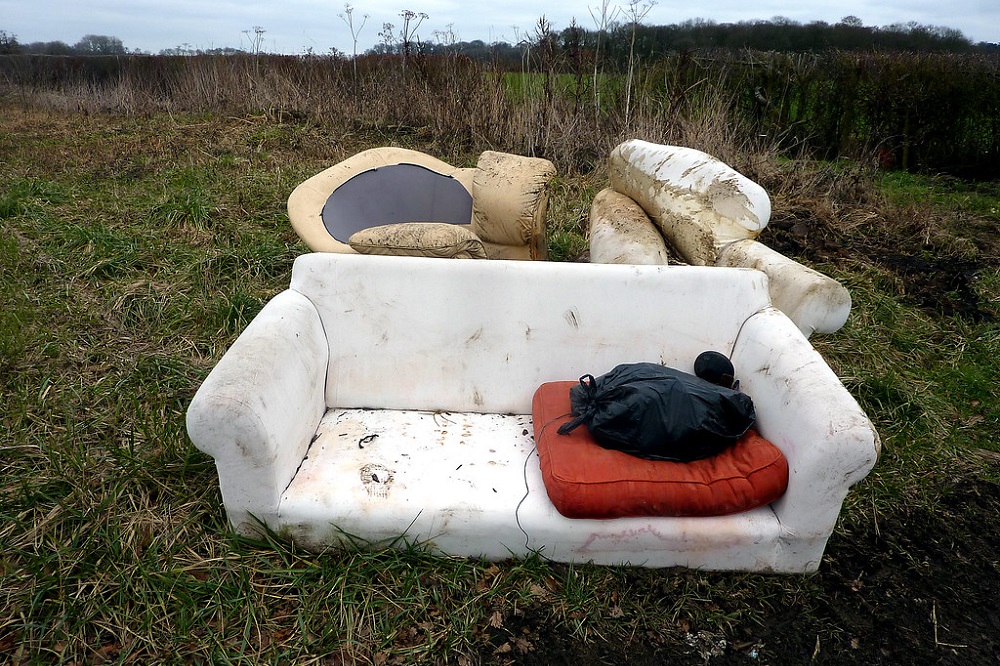Fly-tipping cameras unused despite being approved over a year ago

Liam Randall, local democracy reporter
Mobile cameras bought to catch and fine fly-tippers in Wrexham have still not been used despite approval being given more than a year ago.
Wrexham Council first raised the idea of using technology to deter people from dumping rubbish down country lanes and other locations in January last year.
The move was formally approved by senior politicians the following month in response to a spike in fly-tipping in the county borough during the coronavirus pandemic.
Supply issues meant the cameras did not arrive until August, with councillors then told they were likely to be deployed “over the coming weeks”.
However, the local authority revealed at a meeting held yesterday on 18 March that the devices have still not been used.
Officials partly blamed the delay on having to comply with regulations surrounding the use of covert surveillance methods.
Covert cameras
Joanne Rodgers, the council’s enforcement services co-ordinator, said: “We have had monitoring of fly-tipping data and hotspots are emerging.
“We’ve been out to do some assessments to know where to place the cameras, but I won’t share where those locations are for obvious reasons.
“We want to place them so that people don’t change their behaviours so that we may have the opportunity to catch some offenders.
“Hopefully within the next few weeks, we may have cameras in a number of locations to continue with that work.
“We have to bear in mind any RIPA (Regulation of Investigatory Powers Act) requirements if we happen to use covert cameras as well, so it’s not just as easy as placing a camera and there is a quite a lot of process to consider.”
Anyone found responsible for fly-tipping in the area can be issued with a fine of up to £400.
Deterrent
Figures shared with the council’s homes and environment scrutiny committee show that 24 fixed penalty notices were issued for littering and fly-tipping in Wrexham last year.
The total value of the fines amounted to more than £3,000, with 19 further cases awaiting a court date and 12 investigations still ongoing.
Rachel Penman, head of service strategy for the authority’s environment department, said signs had been used to warn off fly-tippers in some locations, preventing the need for cameras.
She said: “Members will hopefully recall that when we bought the cameras, we came to committee with a flow diagram protocol.
“The first stage of that protocol was to deploy signage, which we have done in a number of locations.
“It’s good news to say that actually where we’ve deployed signage, we haven’t seen those repeat offences, which means we haven’t moved on then to deploy cameras.
“Ultimately what we look to achieve is that we deter people from fly-tipping, rather than we catch them.”
Support our Nation today
For the price of a cup of coffee a month you can help us create an independent, not-for-profit, national news service for the people of Wales, by the people of Wales.





